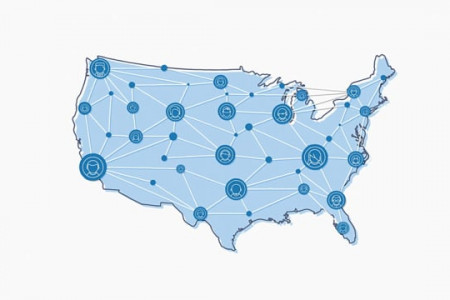
Your Guide to Make The Right Call
Your Guide To MakeTheRightCall When you're sick, it's sometimes hard to know who to call. Your family doctor is usually the best choice, but when do you go straight to the emergency department (ED)? When is urgent care the best choice? Before an emergency happens or care is needed, talk to your doctor about the types of conditions that should be treated in an emergency department, urgent care center, or his or her office. Family Doctor Your family doctor typically treats these conditions during office hours: Mild to moderate allergic reactions Rashes Asthma Mild burns *Fever Diarrhea Earaches Mild wheezing Sprains Mild/moderate Vomiting Dehydration Sore throats Cuts Maintenance of chronic conditions cold or flu Strep throat Sinus/ear infections Bumps *Fevers above 105°F should always be treated by the emergency department. Emergency Department - Call 911 Heart Attack Poisoning Call your local poison control center first, and ask for immediate home treatment (certain poisons should be vomited; others should be diluted) Men Women Shortness of breath Unusual fatigue Greater Cincinnati residents may also contact The Cincinnati Drug and Poison Control Information Center's 24-hour emergency line at Weakness Sleep disturbance Unusual fatigue Shortness of breath (513) 636-5111. Cold sweat Indigestion Dizziness Anxiety Chest tightness or pressure and/or pain in the chest, neck, jaw, arms or back Chest tightness or pressure and/or pain in the chest, neck, jaw, arms or back *Content source: The National Institute for Health Stroke Trauma Sudden numbness or weakness of face, arm, or leg, especially on one side of the body Bleeding that does not stop after ten minutes of direct pressure Sudden and severe pain Sudden confusion, trouble speaking or understanding speech A major injury, such as a head trauma Sudden trouble seeing in one or both eyes A severe reaction to an insect bite/sting Sudden trouble walking, dizziness, loss of balance or coordination Severe or persistent vomiting Sudden severe headache with no known cause Homicidal or suicidal thoughts *Content source: Greater Cincinnati/Northern Kentucky Stroke Team Urgent Care Urgent care centers treat some of the same conditions as a family doctor when doctors' offices are typically closed. Call your family doctor first for a recommendation Splint fractures and injuries to arms, legs, fingers, and toes (Skin intact) Common illnesses such as stomach Mild asthma Minor burns *Fever about where to go. Urgent care centers don't have your medical history; take a list of your Rx and allergies with you. Simple lacerations Wounds attacks flu, diarrhea, vomiting, rashes, and sore throat *Fevers above 105°F should always be treated by the emergency department. Your HealthMatters MakeTheRightCall This information is a guide for a discussion with your doctor and should not be used as direction to replace his or her medical advice. *Content source: http://www.top-nursing-programs.com/emergency-room/ YourlealthMatters.org ex
Your Guide to Make The Right Call
Designer
the Health CollaborativeWriter
Source
http://www.y...ttters.orgCategory
HealthGet a Quote











